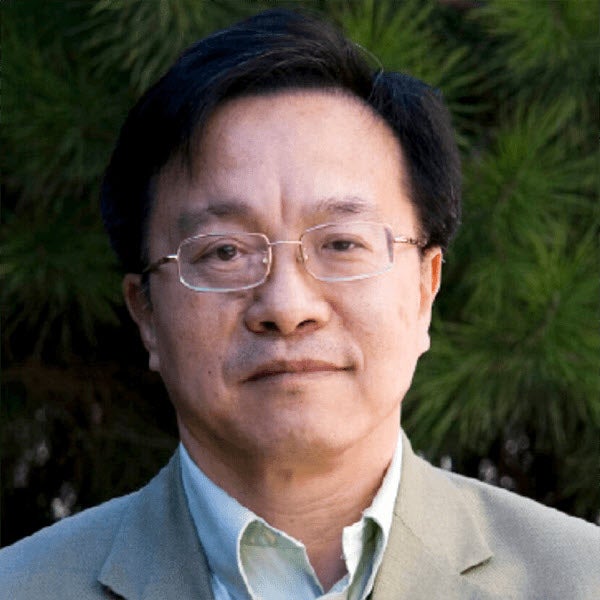RESEARCH STATEMENT
Gang Bao is a pioneer in nanomedicine, molecular imaging, and the emerging area of genome editing. The nanoscale structures and devices engineered in his lab have broad-based applications in basic research to understand the underlying causes of disease, as well as in the translation of nano-scale tools for disease diagnostics and treatment, such as targeted drug/gene and cell-based therapies.
A major focus of Bao’s Laboratory of Biomolecular Engineering and Nanomedicine is centered on the development of gene correction techniques to address longstanding challenges in the fight against cancer and single-gene disorders, such as sickle-cell disease. Using DNA-cutting enzyme technologies, such as CRISPR/Cas9 systems, Transcription Activator-Like Effector Nucleases (TALENs) and Zinc Finger Nucleases (ZFNs), Bao is developing tools for precise and controlled gene editing.
Bao also develops nanotechnologies for multimodality molecular imaging, the sensitive detection of RNA and proteins, and for targeted drug delivery. Platform technologies include superparamagnetic nanoparticle probes, quantum dot bioconjugates, activatable molecular probes and molecular beacons for cellular and in vivo imaging, with applications in disease detection and mechanistic studies to characterize cellular processes, subcellular components and biological molecules.
Ongoing projects are supported by a $6 million grant from the Cancer Prevention and Research Institute of Texas (CPRIT), and from grants from the NIH Common Fund, from the National Heart, Lung and Blood Institute, and the National Science Foundation.
Research in the Bao lab involves a high level of integration and synergy between physician-scientists and clinicians as well as in the development of programmatic, education and cross training components for a highly specialized workforce in biology, clinical medicine, and the quantitative sciences.
Bao is the author of more than 180 refereed publications, two books and four book chapters. In 2003, he co-founded Vivonetics, Inc., a biotechnology company that develops tool kits and custom products to enable the visualization of gene expression in living cells. In addition, 10 of his nanotechnologies have U.S. patents or provisional patents.
He is an elected fellow of the Biomedical Engineering Society (2017), the American Institute for Medical and Biological Engineering (2007), the American Physical Society (2007), the American Association for the Advancement of Science (2009) and of the American Society of Mechanical Engineers (2009). He has served as a member of the Society of Engineering Science’s Board of Directors (2006-2009).
RESEARCH STATEMENT
Research in the Bao lab is centered at developing nanotechnologies and biomolecular engineering approaches for basic biological studies and medicine, which spans the spectrum from chemical synthesis to small animal studies.
Current methodology development includes the superparamagnetic nanoparticle probes, quantum dot bioconjugates, activatable molecular probes and molecular beacons for cellular and in vivo imaging, with applications in disease detection and mechanistic studies.
The Bao lab also develops novel strategies for drug/gene delivery using targeted nanoparticles, gene targeting approaches for treating single-gene disorders and other diseases using engineered nucleases, as well as bioinformatics tools and engineered nanodevices driven by biomolecular motors. The development of the methodologies involves nanoprobe and nanodevice design and validation, synthesis of biomolecules and nanoparticles, bioconjugation, specific tagging and targeting, cellular delivery, surface modification, protein production and purification, as well as addressing issues such as sensitivity, specificity, spatial and temporal resolution and signal-to-background ratio in molecular imaging, and efficacy in disease treatment. These novel technologies and methods have a broad range of applications, both in basic biological research, and disease studies.

